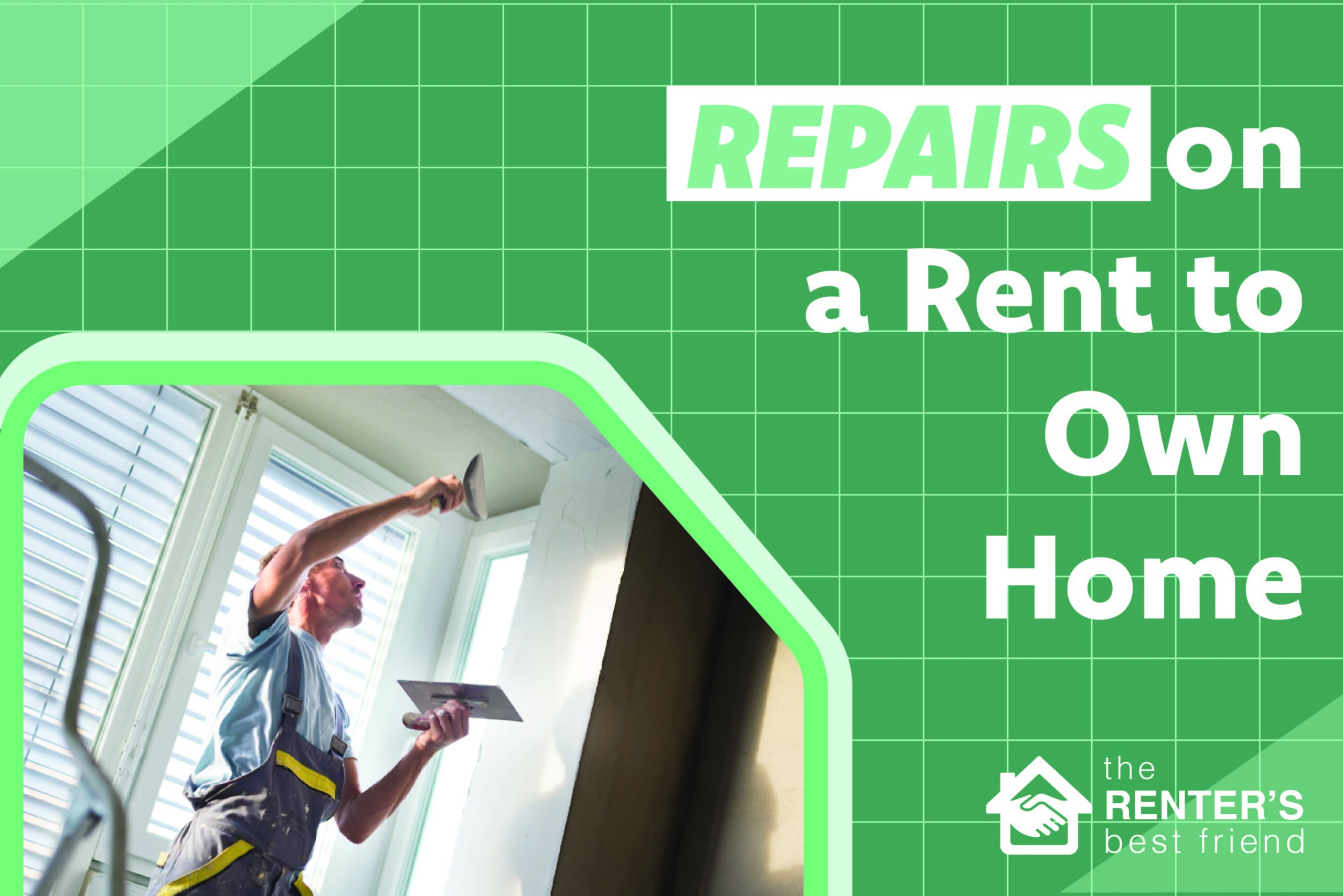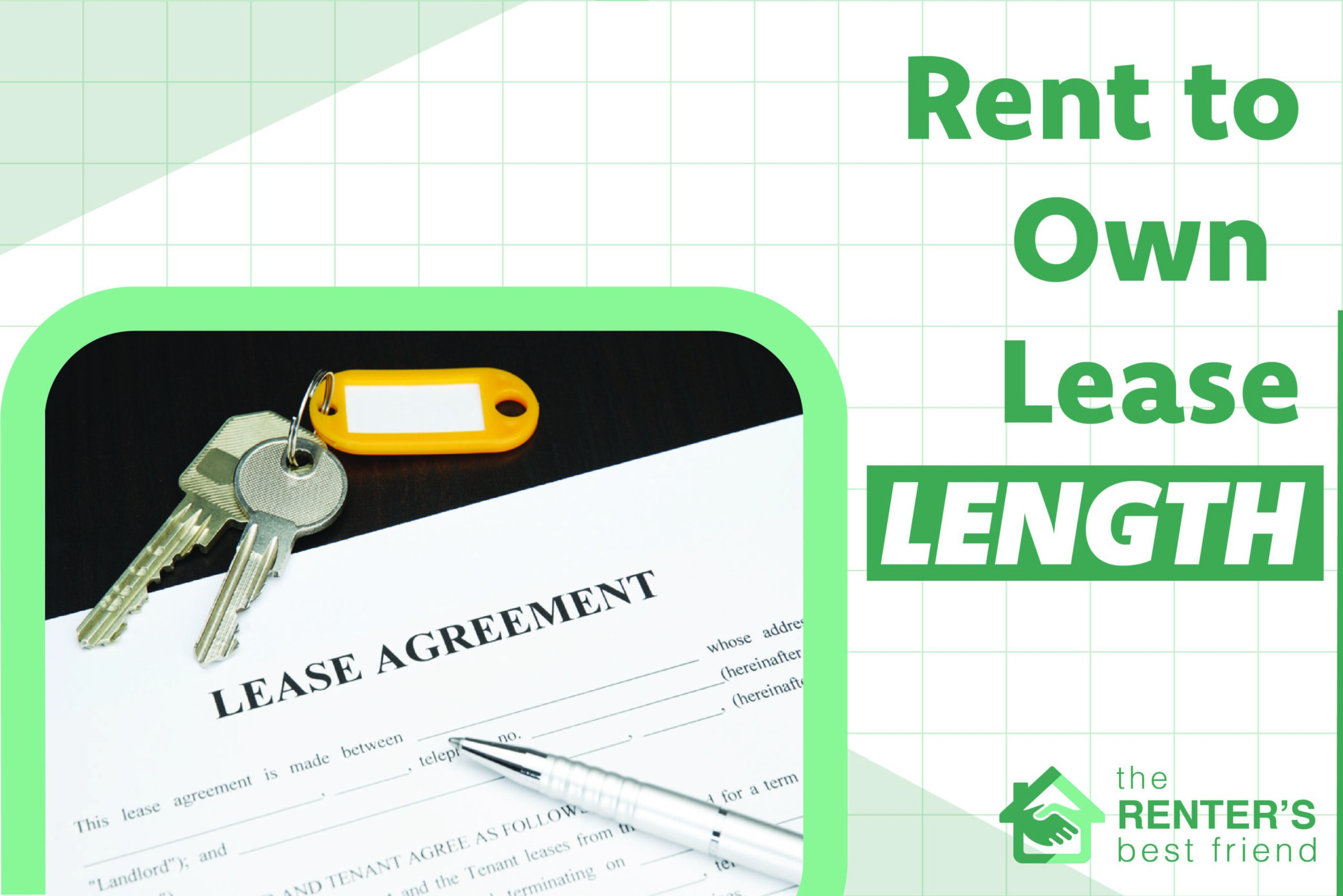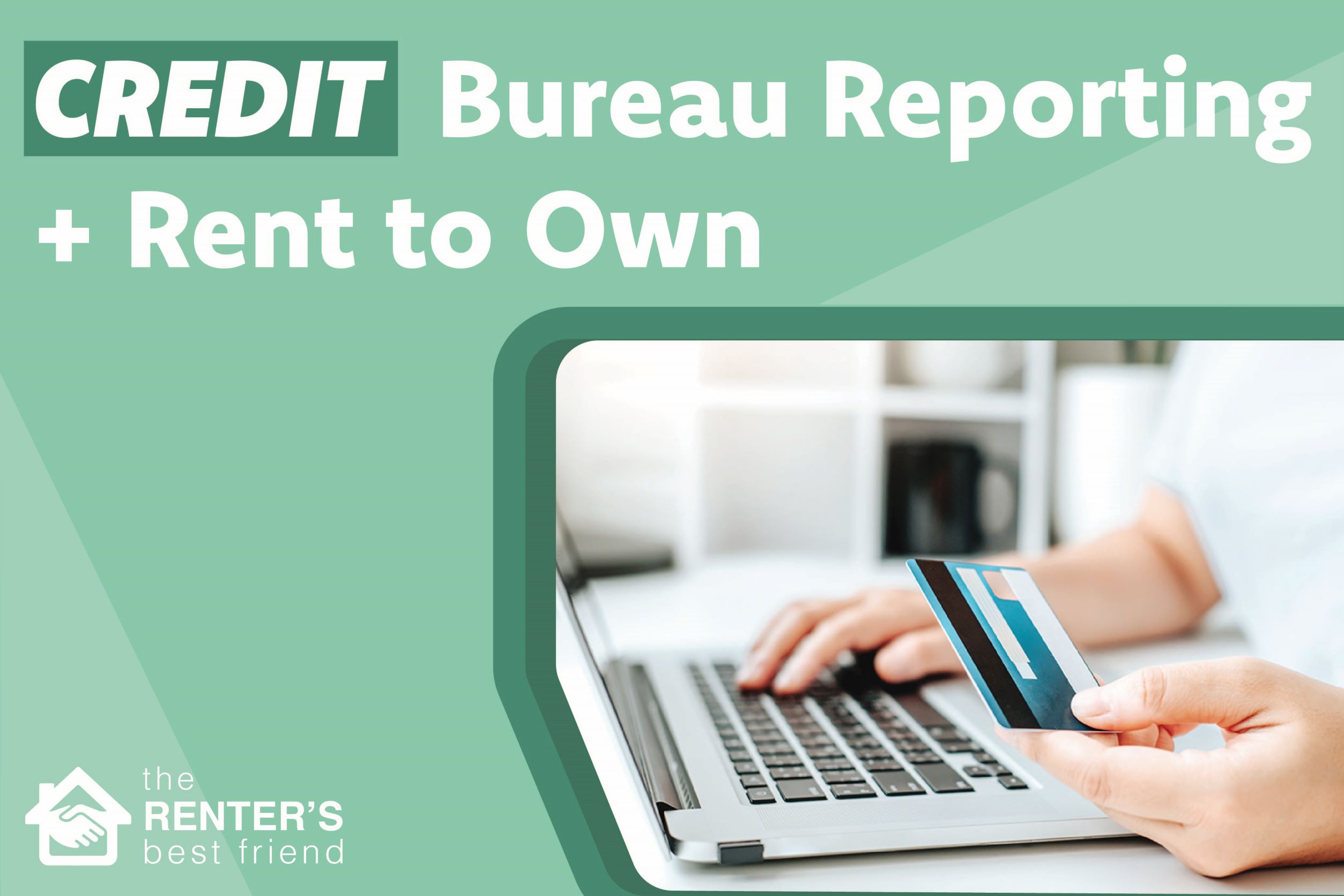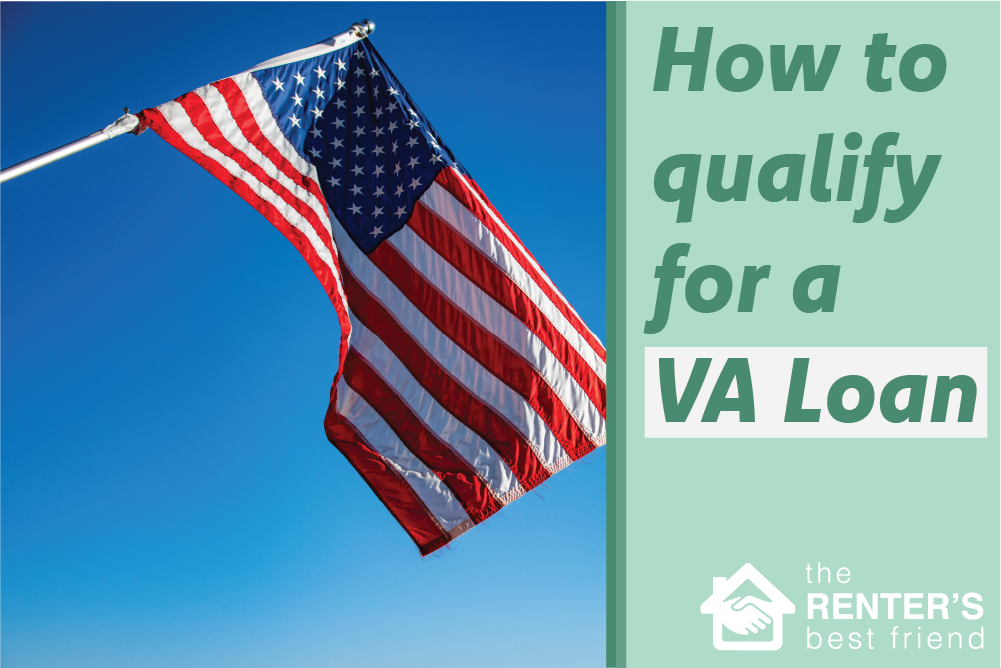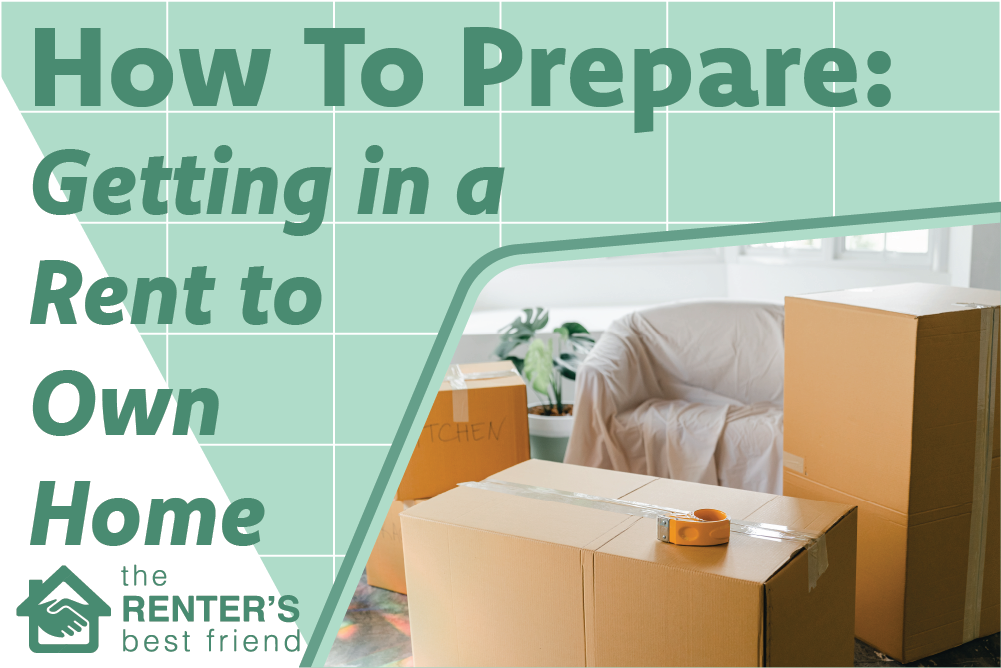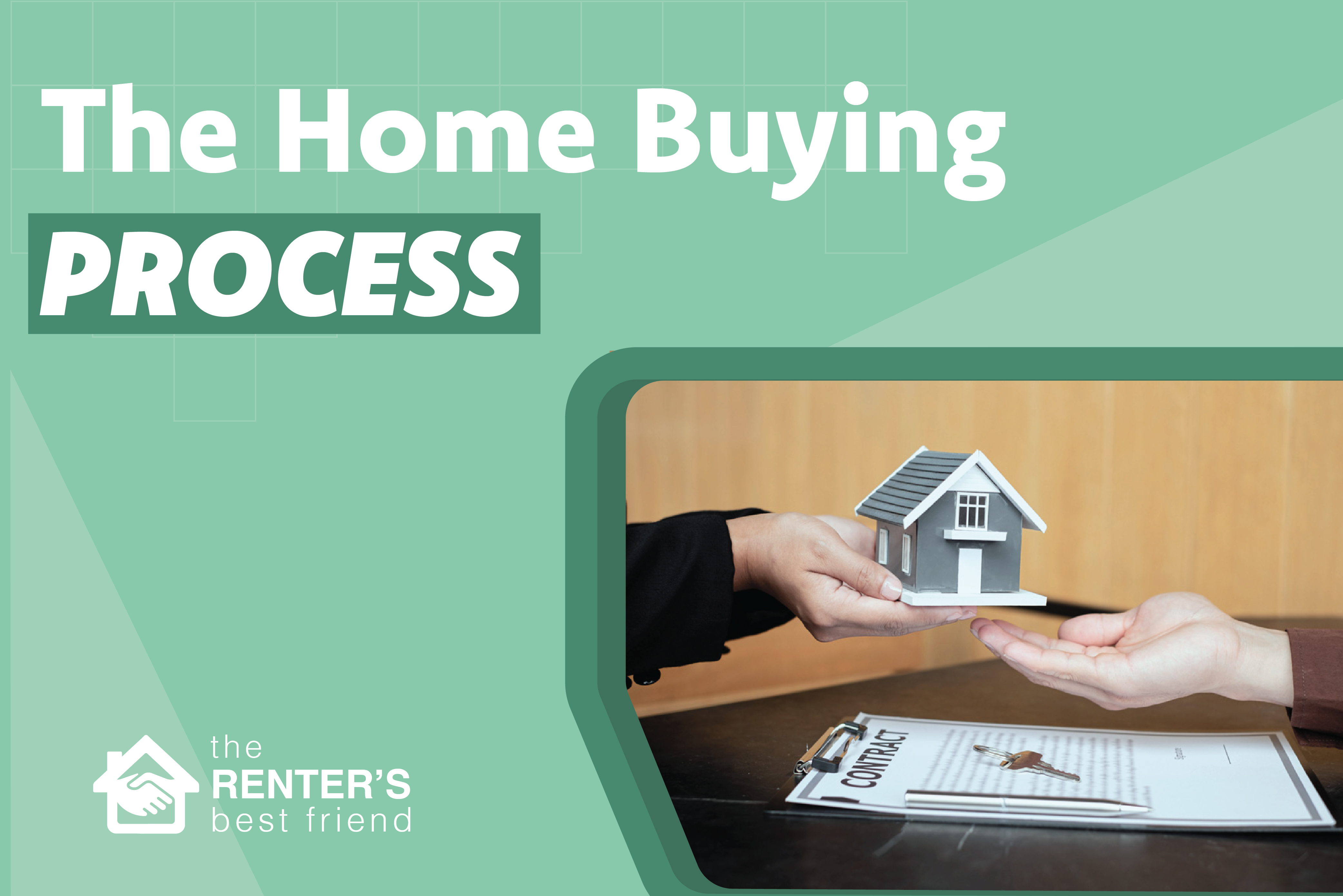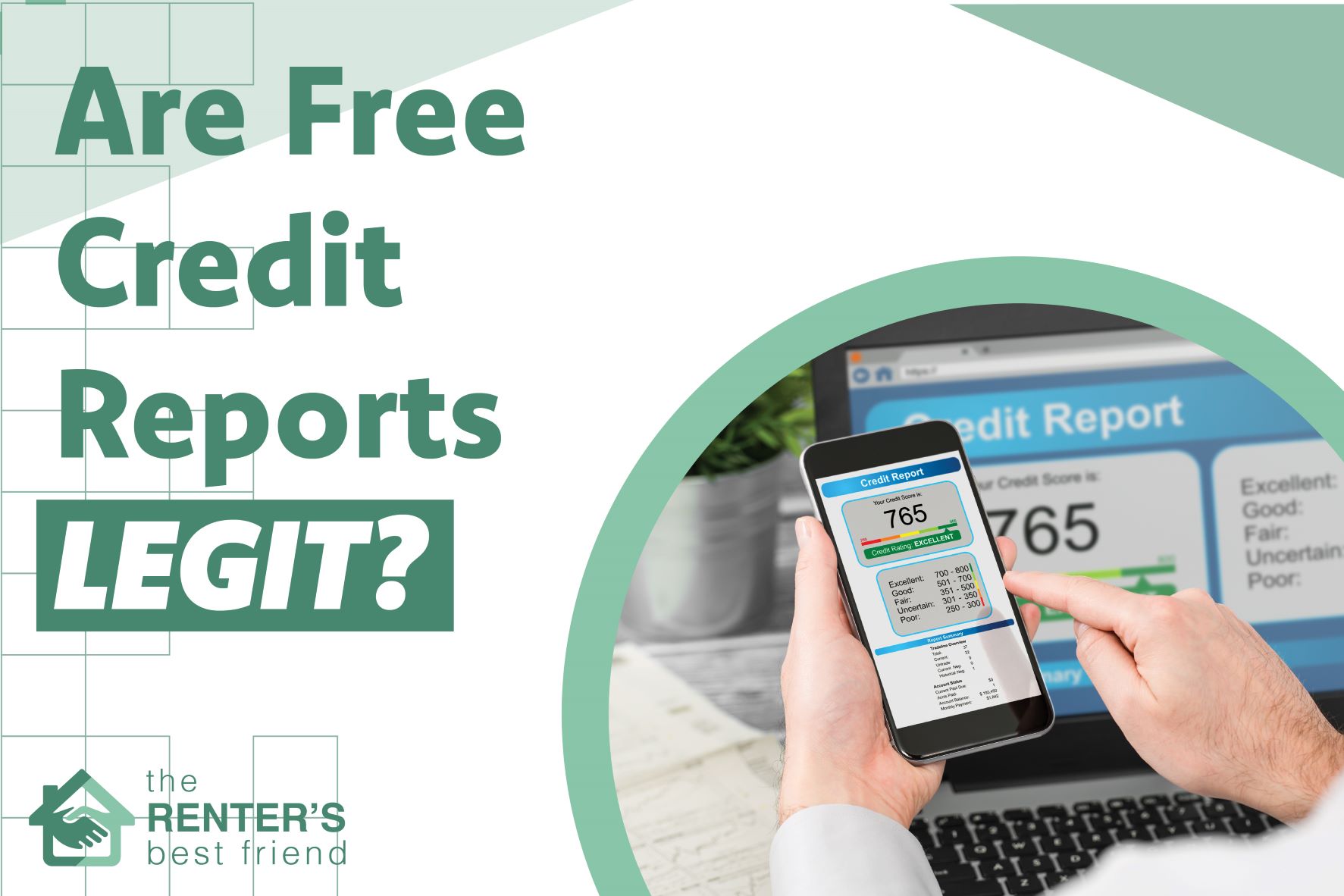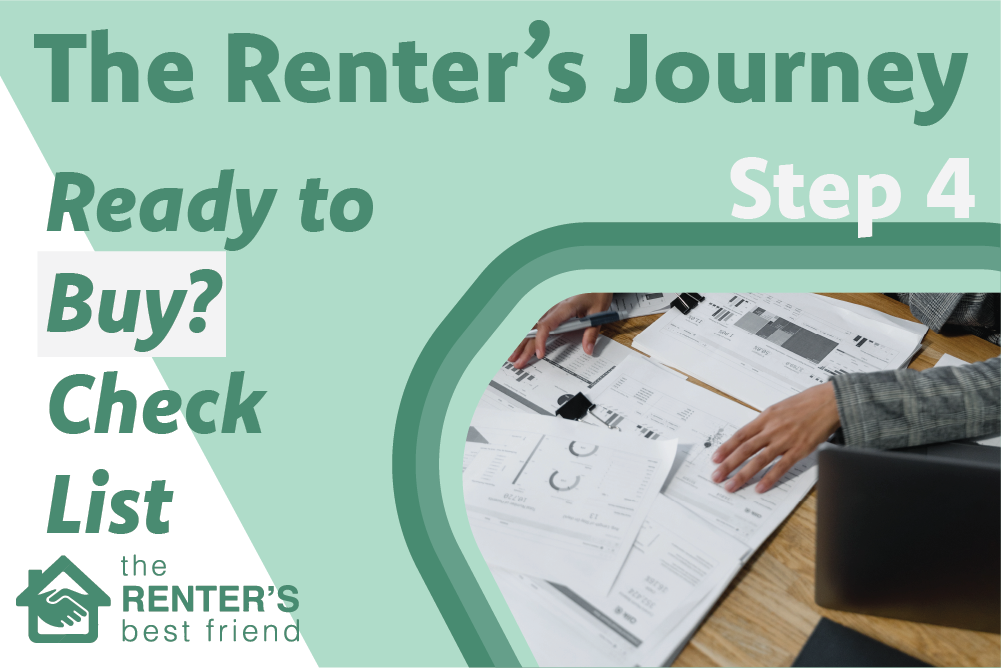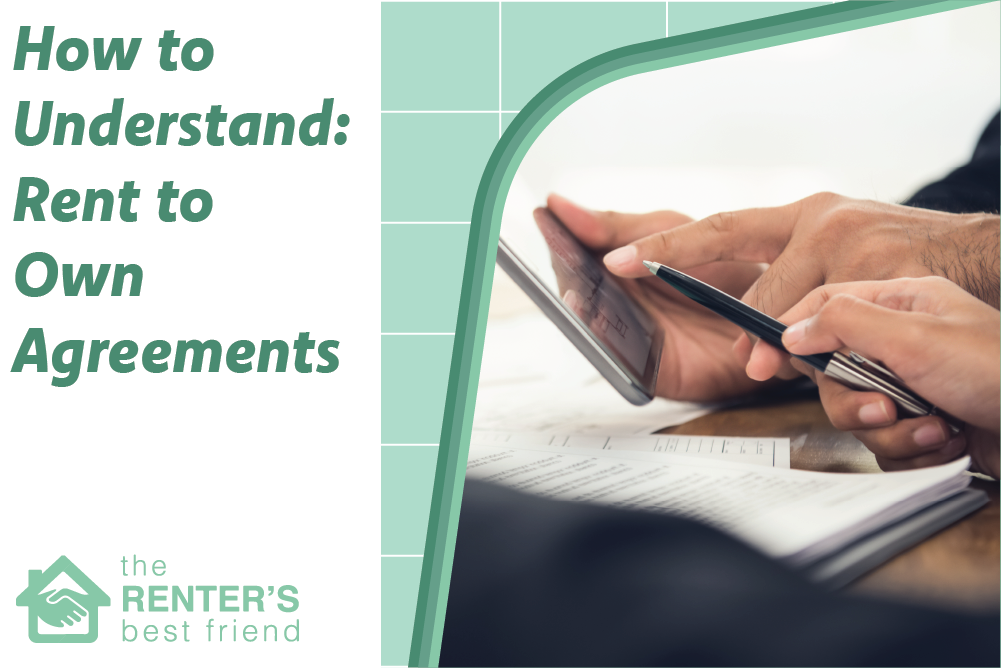Rent-to-own housing programs and contracts offer a way to qualify for a home purchase to many prospective homeowners. Many people struggle to become homeowners because of a damaged credit score or not having enough for a down payment – maybe even both! – to purchase a home. Rent-own-own standards and practices can help you overcome these obstacles.
While you will still have to qualify for the program or contract, rent-to-own housing options typically allow a little more wiggle room than a mortgage lending contract. Even with a less-than-satisfactory credit score, you may be able to purchase a home if you have a job and a regular paycheck.
Qualifying for a Rent to Own (RTO) Home
You may already be renting a homing or are considering moving to a different rental property with the intention of buying it down the line. Rent to own isn’t always an option and you will have to negotiate with a property owner who may consider renting it to you for an agreed amount of time and eventually sell the property to you. These terms will be set in the terms when you sign the contract or purchasing agreement.
Two pivotal parts of this process have to do with your credit. Click here to find out what your credit score is so you’re fully prepared, and click here if you want to put some work into repairing your credit.
Part of this contract should include that each rental payment is set aside for a future down payment on the property. This is ideal if the reason you’re looking at rent-to-own housing is not being able to save for a down payment on your own. Essentially, the rent-own-own contract creates an automatic savings account and the owner will most likely deposit the additional payments into an escrow account; this should be a stipulation of the rent-to-own contract before you sign it.
As far as qualifying for a rent-own-home goes, it will follow a similar protocol to applying for a mortgage. However, the requirements will most likely be much more relaxed in a rent-to-own arrangement. The landlord may plan to offer seller financing when the rent-to-own contract converts to a mortgage when you buy the property, so the requirements may be very different from what you would find at a bank or another mortgage lending program.
You can actually click here to quickly and easily see if you qualify for a rent to own home– so many people are glad they checked because it changes the course of their life.
Nevertheless, your lender may require a credit and background check, as well as verification of employment and regular income as is typical of renting any property. It is very important to consult a real estate agent or mortgage lender to explore prequalification for a mortgage before you sign the rent-to-own contract.
Even if you don’t currently qualify due to unstable finances or poor credit, the lender or real estate broker may see you as a potential prospect a few years down the line and advise you to sign a lease purchase vs. lease option after a two-year or three-year rental term. If the projection still has you coming up short to qualify for a traditional mortgage, you should consider seeking out landlords or property owners who offer a financing option at the end of the lease term. You will definitely need these terms of the seller financing agreement in writing!
Obviously, qualifying for a rent-to-own home is easier said than done and it takes research and consulting professionals along the way. Click here to begin the process of owning your very own rent to own home.
If you have steady income, a good credit history, and no outstanding debts to speak of, then there’s a strong possibility that you will qualify as a candidate for one of these homes should you so choose to apply for one. The best thing about rent-to-own is that it does not require any up front payments or money down. As long as you can find a stable job, keep your head above water financially, and make timely payments on your monthly bills, then chances are you’ll be able to meet the requirements needed to qualify.

